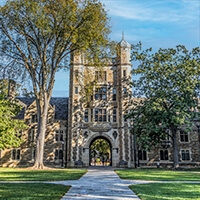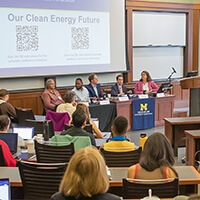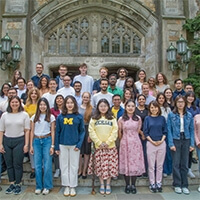A Body Without a Head: Revisiting James Bryce’s The American Commonwealth on the Place of the Presidency in the 19th Century Federal Government
Current debates in administrative and constitutional law have renewed interest in the history of the place of the president in the administrative state. Recently, some scholars and the Supreme Court have suggested that, under our system of government, the president enjoys (and always has enjoyed) wide ranging power to implement a policy program as the people’s privileged democratic agent.
This article looks to the work of James Bryce to question whether these claims are true of the post-Civil War federal government.
It concludes that there is strong reason to believe that they are not.
The article relies on Bryce’s onetime classic, The American Commonwealth, which was praised by contemporaries for its accuracy. It shows that, according to Bryce, the postbellum presidency was primarily important as a site of patronage distribution.
But although the president was not yet a democratic policymaker, Bryce and others of his set thought that a transformed presidency could be a way to advance “responsible government.” The article thus ends by turning to the reception of Bryce’s work, to show how it set the stage for executive reform to come.
The article reconstructs the place of the president in The American Commonwealth to argue that the democratically-legitimated, policy-making, president-as-chief-administrator was not yet extant in the 19th century. However, problems with the 19th century federal government led reformers to begin imagining a reconstruction of the presidency along those lines.
Recovering that history helps us see how, despite what some scholars and the Supreme Court have argued, our presidentialism is not timeless, nor mandated by the Constitution. Rather, it developed in response to particular problems and pressures—a process Bryce’s work helped catalyze.
About the Public Law Workshop
Michigan’s Public Law Workshop provides an opportunity for faculty and students from across the University to enjoy weekly presentations by leading scholars producing current work on topics ranging from constitutional law and administrative law to international law, statutory interpretation and beyond. Professors Julian Mortenson and Daniel Deacon organize the workshop.
If you would like to receive workshop announcements, please contact Alex Wroble ([email protected]) and ask to have your name added to the workshop’s email list.






